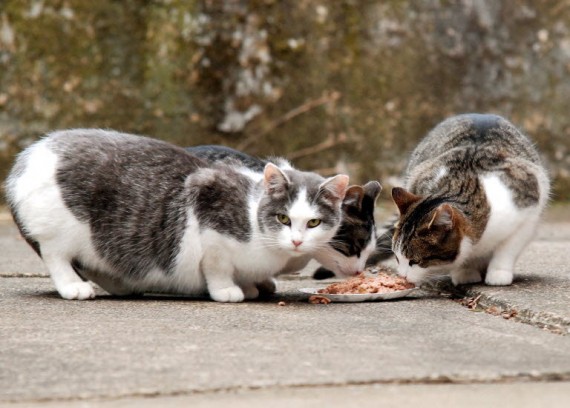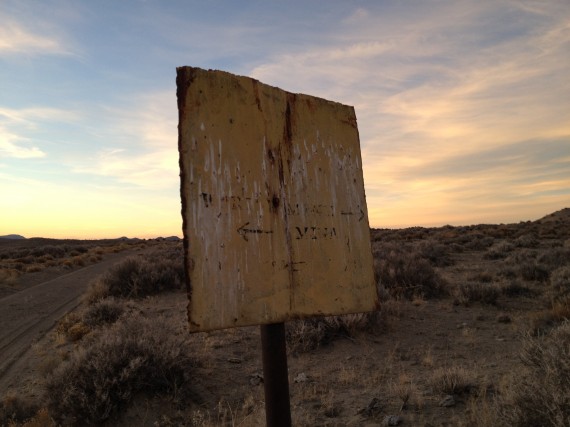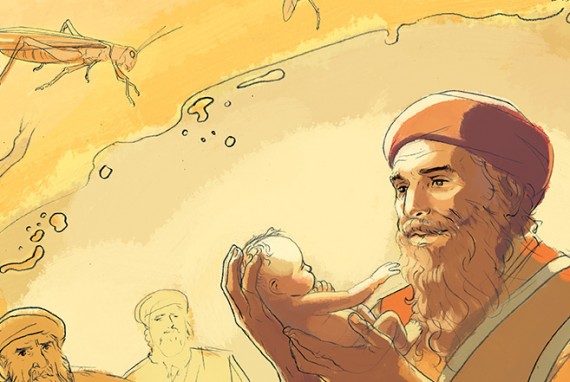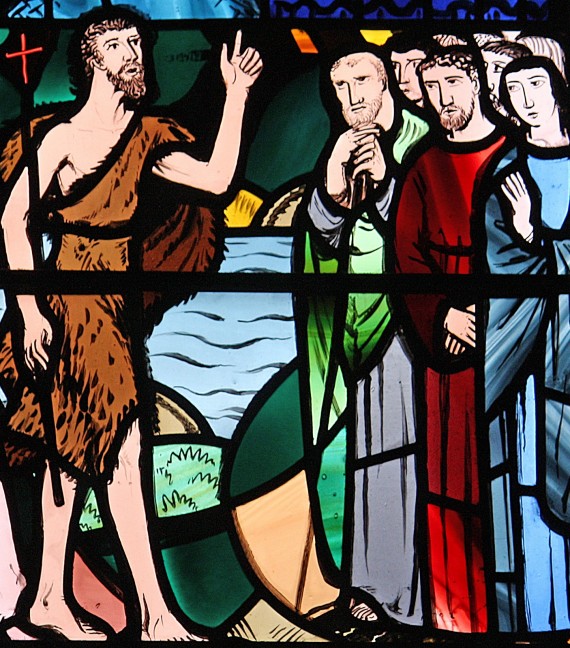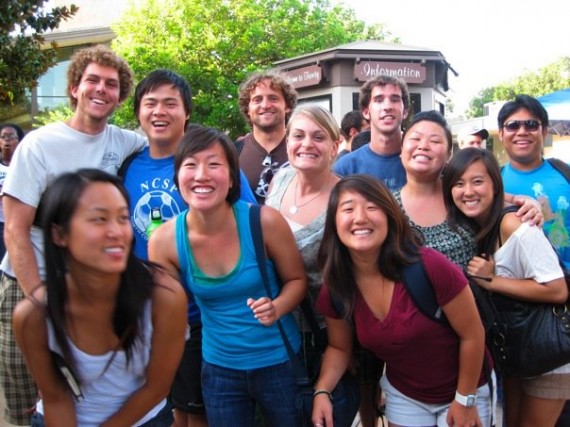
Sarah with students on a summer project!
[This is a series designed to bring you into the the unique A.P.E stories of each writer on this blog. We hope each one of you can find a little of your A.P.E story inside of one of us. Read the other stories]
When I came to college, I was on the edge of faith. Not only was I faced with an onslaught of options to define who I was in that new and broader world, but I was also constantly nagged with a question about the Christian life…”Is this it?” Beyond just a restless sense of dissatisfaction, I’ve come to realize that question is the root of the A.P.E. in me.
Joining InterVarsity as a student answered many questions for me about what a community following Jesus could look like. Diverse, faithful, and risky, the students in InterVarsity gave me a taste of what being on the faith journey with good friends looked and felt like. Studying abroad in South Africa for a year expanded my American view of God and church and working with unwed, HIV-positive mothers in the townships gave me an insatiable desire to find God in the forgotten places.
Following graduation, I joined InterVarsity staff and during my first summer I took a small team of students to the Los Angeles Urban Project. This 5-week program gave us all a Kingdom theology grounded in God’s heartbeat for justice, and His preferential focus and call to those on the margins. It was here that my question of “Is this it?” was resoundingly answered by “Yes. This is what the Kingdom is like…”
From then, I was hooked. I have never been able to let go of a Gospel that “comforts the afflicted and afflicts the comfortable.”
At a conference in San Francisco that we eventually brought to San Diego called Jesus, Justice and Poverty, a young woman shared her story about working and serving with the poor. As a white girl from a middle-class background like myself, she echoed the words in my heart when at the end of her testimony she cautioned,
“Don’t think that I do this because I am a great person or have anything to offer. This time spent in this community has saved my life.”
Every chance I’ve had to experience Jesus’ love and action for the broken, the prisoners, the poor has helped me understand and love Him more, and has saved me from a life of selfishness, oppression, and frivolity.
Prophet – Apostle
Therefore, in my very limited knowledge of APEST, I have found myself identifying with the prophet-apostle, unable to escape a “sent” life unleashing the Kingdom of God in anyway I can, and challenging the Church to do the same. There are many debates on how to interpret a prophetic role. I love Abraham Heschel’s definition in his book The Prophets,
“The prophet was an individual who said No to his society, condemning its habits and assumptions, its complacency, waywardness, and syncretism. He was often compelled to proclaim the very opposite of what his heart expected. His fundamental objective was to reconcile man and God.”
Why does the Church need prophets today? In my interactions throughout the world, and in our own country, I have increasingly encountered an abject dismissal of Christianity because of how it has been lived out by Christians. Our good news has been lost as the Church has lost our grasp on the sacrificial, unconditional love of Jesus, who challenged the religious power, spent his time with sinners, and invited all people into an upside-down Kingdom. The prophets in our midst can call us back to that love.
For our truth to have any power, we must live out this message as well as speak it. Not only will it help our churches and our evangelism, but the world aches to see this Kingdom come, bringing healing, justice, and true reconciliation. This is the purpose of our life here on earth, and we must take hold of it completely, being willing to give anything in our life for it. Along the way, this good news will transform believers as well as non-believers, churches, communities, and entire systems, giving us that kind of life that never needs to ask the question, “Is this it?”
What about you? Have you been asking yourself “is this it?” lately?
[This is a series designed to bring you into the the unique A.P.E stories of each writer on this blog. We hope each one of you can find a little of your A.P.E story inside of one of us. Read the other stories]




